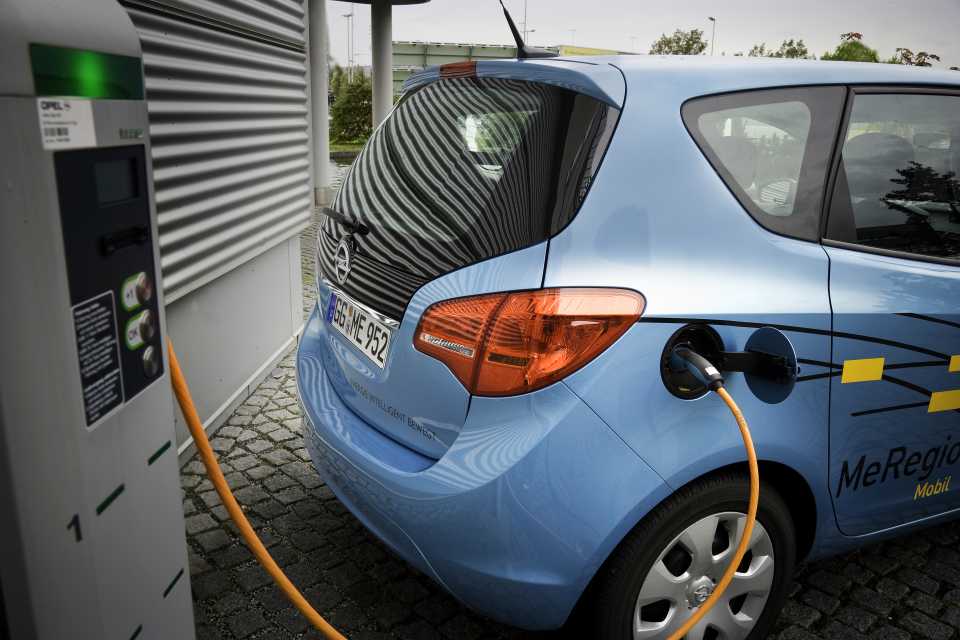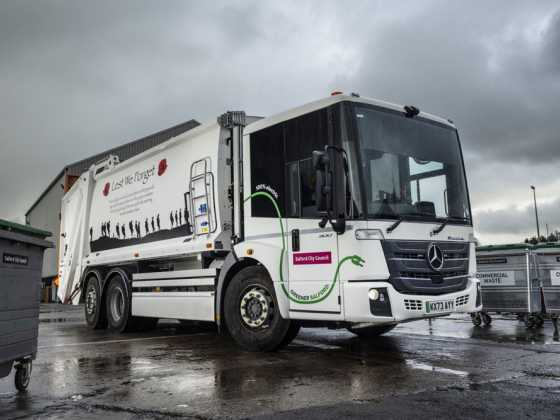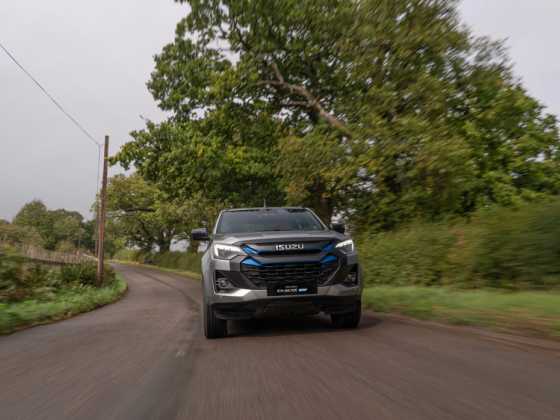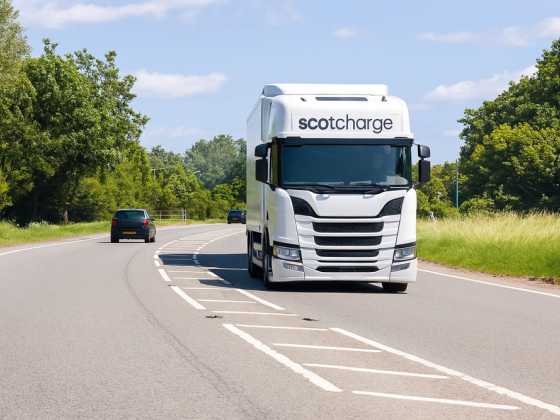Popularity of EVs and hybrids in Ireland increases

The sales for alternatively fuelled (BEV, PHEV and hybrid-electric) passenger cars have shown steady growth in Ireland, despite the passenger car market being down 7.36% on 2018 for the year-to-date (YTD.
A total of 9,582 alternatively fuelled vehicles have been sold for the YTD, a 69% increase on 2018’s total.
Further research into the figures by Cornwall Insight Ireland shows that the majority of the sales have come from petrol hybrids. Battery Electric Vehicles (BEVs) and Plug-In Hybrid Electric Vehicles (PHEVs) make up just 3.5% – or 2,787– of all passenger cars sold. Significantly shorter than the one-third needed to reach the 2030 target set by the Irish government.
Tom Lusher Analyst at Cornwall Insight Ireland, said: “While the Irish government is behind on its 2030 target, they have started to pave the way for increased EV growth putting in place several incentives. For example, Vehicle Registration Tax relief up to a maximum of €5,000 is available for eligible BEVs until the end of 2021, as well as Benefit-in-Kind exemption for company car/fleet drivers and reduced Motor Tax have also been introduced.
“Also, the Sustainable Energy Authority of Ireland provides grants for privately bought EVs to reduce the capital cost of purchasing a BEV or PHEV. The level of grant available depends upon the value of the vehicle, with EVs costing over €20,000 qualifying for the maximum grant of €5,000.
“If Ireland is to achieve its goal of 950,000 EVs on Irish roads by 2030, a comprehensive set of tax measures, and incentives such as free parking, use of bus lanes and reduced rate toll road fees, could be vital in creating the demand that they need to see.
“Although the Irish government can increase the demand for EVs, there is competition globally for the limited number of EVs being manufactured by automotive manufacturers. For example, KIA’s entire e-Niro quota for 2019 was sold by the end of March. The increased supply of battery packs to allow more vehicle production will be critical to achieving the transition to e-mobility and allow governments to meet their targets.”



